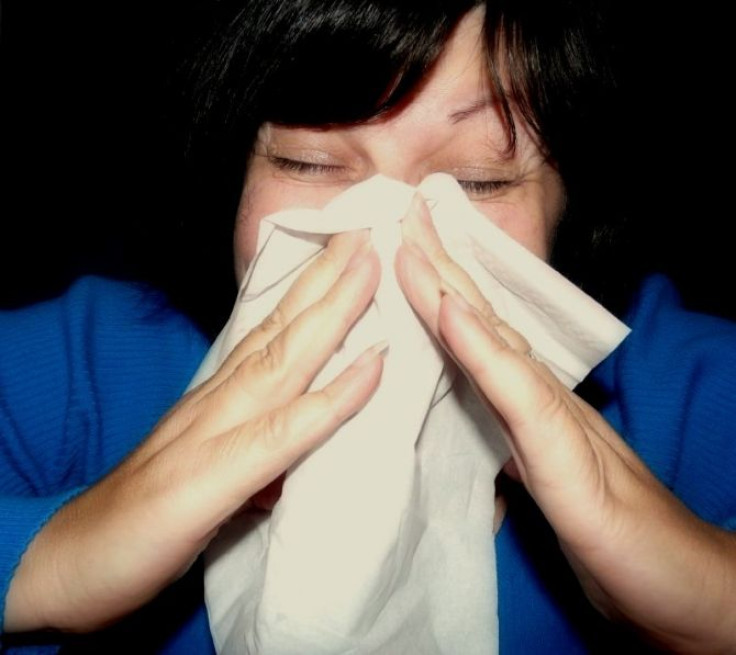Allergies Keep You Safe: Study

If you sneeze, cough, itch or scratch this allergy-season, your immune system is working the way it was meant to work, according to Yale research published in journal Nature.
Allergies, say experts, are our body’s way of keeping us out of dangerous environment.
So why do some people develop heightened immune response when others can chew down the same food or smell flowers without all the swelling and itching?
Mostly because the type-2 immunity, the one that defends us from the attack of larger pathogens, has a tendency to go overboard in protecting us against things that are not harmful, and decides to instantly flush out the pathogen.
This is unlike the type-1 immunity that attacks the foreign particle like bacteria and viruses. The response time is different too; type 1 takes days to fight against the pathogen while type-2 does a quicker job.
The researchers at Yale say that allergic reactions evolved to protect humans from four different classes of challenges: parasites, noxious chemicals, toxins and environmental irritants. They argue that these reactions are “beneficial” but at times become problematic if the reaction is excessive.
We believe that allergic hypersensitivity evolved to survey the environment for the presence of noxious substances. After the first exposure, the immune system gains a memory, and subsequent exposure to even minute amounts will induce an anticipatory response that helps minimize potentially harmful effects," said lead author of the study Ruslan Medzhitov, professor of immunobiology at Yale School of Medicine.
"How do you defend against something you inhale that you don't want? You make mucus. You make a runny nose, you sneeze, you cough, and so forth. Or if it's on your skin, by inducing itching, you avoid it or you try to remove it by scratching it. The thing about allergies is that as soon as you stop exposure to an allergen, all the symptoms are gone,” said Medzhitov.



























